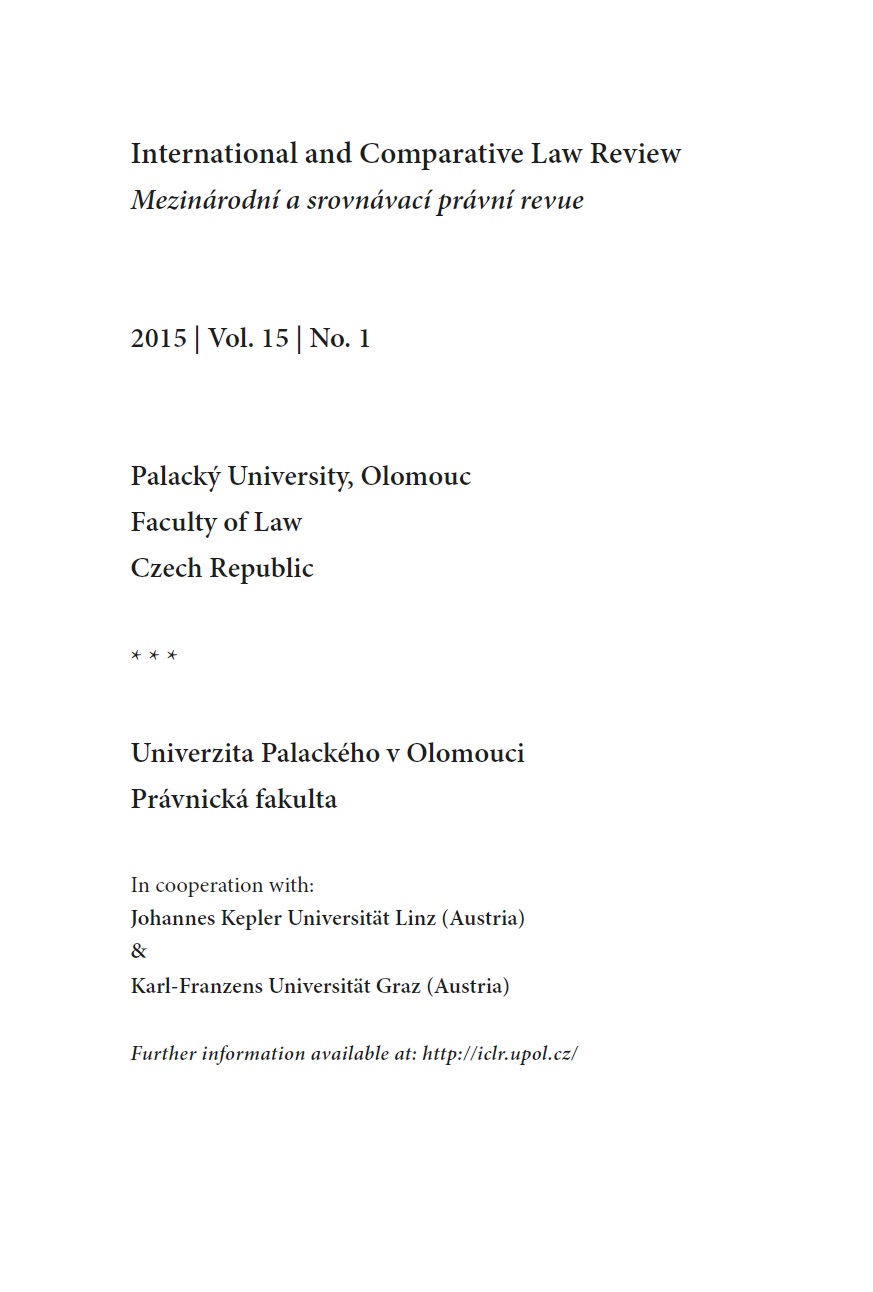Judicial Activism In Nigeria: Delineating The Extend Of Legislative-judicial Engagement In Law Making
Judicial Activism In Nigeria: Delineating The Extend Of Legislative-judicial Engagement In Law Making
Author(s): Ibrahim ImamSubject(s): Law, Constitution, Jurisprudence
Published by: Univerzita Palackého v Olomouci_1
Keywords: Judiciary; Interpretation; Activism; Legislature; Constitution; Democracy; Intervention Adjudication; Separation; power
Summary/Abstract: Authoritarian governments are by their very nature unconstitutional. Such government thinks of themselves as above the law, and therefore sees no necessity for separation of powers or representative governance. Constitutional democracy on the other hand, is however based on the notion of people’s sovereignty, which is to be exercised in limited manner by a representative government. Accordingly, judicial activism in this paper is employed to establish the theory of popular participation of courts in the decision making processes through settlement of disputes, interpretation or construction of laws, determination of propriety of legislations, legislative and execution actions within the doctrine of separation of powers for the purpose of enforcement of the limitations in government on constitutional ground. This paper thus examines the concept of judicial activism, its legitimacy and as a mechanism for providing checks and balances in the Nigerian government. The paper demonstrates a game theory of judicial legislative interaction within their function and contends that the notion of judicial supremacy does not hold water because the legislature always has the second chance of invalidating the judgment of courts exercising the legitimate powers. The paper concludes that judicial activism in these countries is a veritable tool in advancing the compliance with the rule of laws on the ground of the Constitution.
Journal: International and Comparative Law Review
- Issue Year: 15/2015
- Issue No: 1
- Page Range: 109-127
- Page Count: 19
- Language: English

